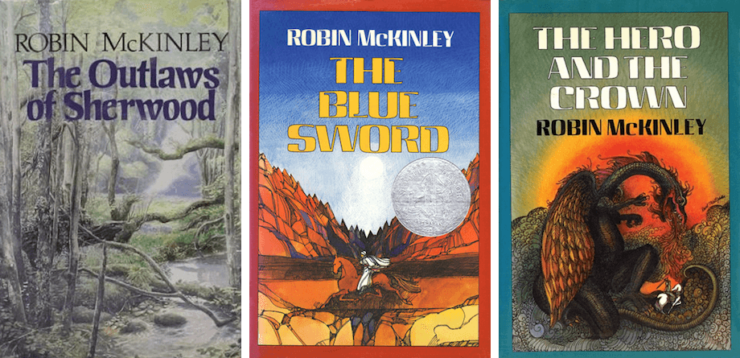How Much Research Should You Do For Your Book?
Comment number:
21
Advertisement
Showing 5 results


“The sky above the port was the color of television, tuned to a dead channel.”
William Gibson, Neuromancer
For compliance with applicable privacy laws:



